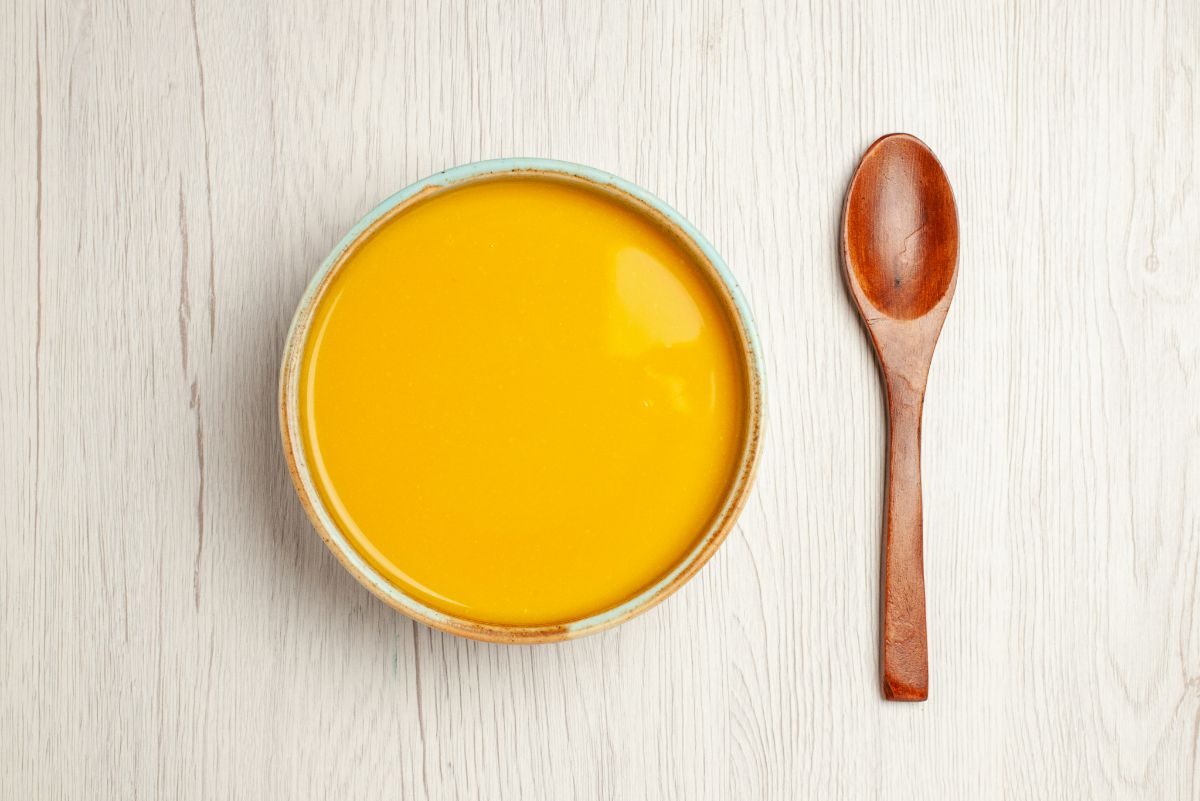Desi Ghee Side Effects: Desi Ghee is a staple part of most Indian meals. Traditional cow ghee has been helping Indians maintain a good diet and has also become a status symbol for many households: the more desi ghee in your food, the more money you are thought to have made. But, is it the healthiest complement for your meals? Now that people have become more aware of the nutritional value of each food and which nutrients to take in in what capacity, many questions are being raised about the actual benefits and possible side effects of desi ghee.Read also – Pistachio Health Benefits: Top 5 Reasons Why You Should Add This Nutritious Dried Fruit To Your Diet – Watch Video
Desi Ghee Side Effects: Who Should Not Eat Ghee?
Desi Ghee is pure, organically produced and adds so much flavor to your Chapatis, Daal, Parothas and just about any food that is regularly cooked in most Indian homes. However, it is not the best for those struggling with cholesterol problems, obesity, PCOS, and trying to lose weight for whatever reason. Desi ghee contains a high amount of saturated fat, about 7.9 grams per serving. One tablespoon of desi ghee contains approximately 112 calories. Now, as recommended by the American Heart Association, for any healthy person with a diet of around 2,000 calories, the ideal fat intake should be between 56-78 grams per day. Of which, saturated fat should not exceed 16 grams. It should also be noted that your body is capable of producing its own fat and one can consume desi ghee and add to that fat, but only if they are not already struggling with a disease/problem that requires them to reduce fat. Read also – Aadhaar latest update: UIDAI forces Aadhaar to receive government subsidies and benefits. See details
Eating cow ghee: dos and don’ts
Doctors suggest that cow ghee should not be consumed in excess by those suffering from heart disease or kidney disease. Consuming cow ghee or any kind of ghee should also be avoided if you have any kind of stomach disorder. Ghee contains fatty acids and is capable of increasing blood pressure. Always check with your doctor or dietitian about how much ghee you can have as part of your daily meal, especially if you are over 30. Read also – Vitamin E: an ingredient that comes with many benefits
For Dear Desi Ghee Lovers…
India is a land of Desi Ghee lovers. We always need a little something extra in our Rotis and Parothas, but staying healthy should be our priority in these vulnerable post-COVID times. Don’t take your health lightly and always keep a doctor, nutritionist or dietitian on your speed dial for all your food-related queries.
$(document).ready(function(){
$(‘#commentbtn’).on(“click”,function(){
(function(d, s, id) {
var js, fjs = d.getElementsByTagName(s)[0];
if (d.getElementById(id)) return;
js = d.createElement(s); js.id = id;
js.src = “https://connect.facebook.net/en_US/all.js#xfbml=1&appId=178196885542208”;
fjs.parentNode.insertBefore(js, fjs);
}(document, ‘script’, ‘facebook-jssdk’));
$(“.cmntbox”).toggle();
});
});
.
